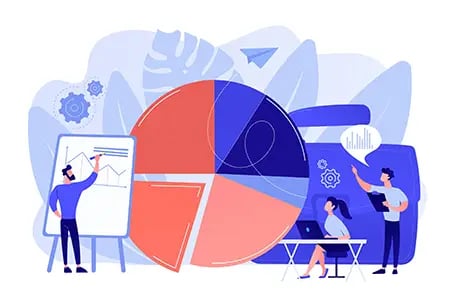
What is Generative AI?
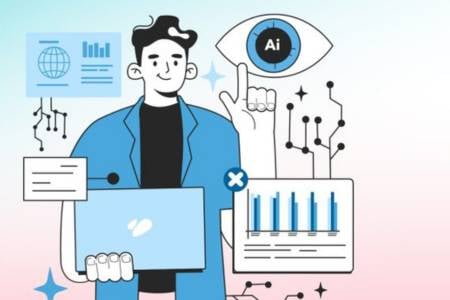
Applications Across Industries
The below-listed applications of generative AI are just the tip of the iceberg. As this technology continues to evolve, we can expect even more groundbreaking advancements across diverse sectors.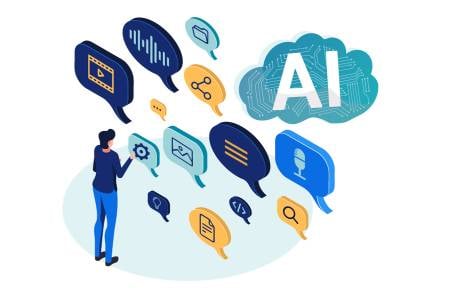
Art
Generative AI has become a muse for artists and creators. It is opening up exciting possibilities for the art generation. Artists can use GANs to generate unique and imaginative artworks. For example, artists like Mario Klingemann have created stunning pieces by training GANs to produce art based on various styles and inputs. This blend of AI and human creativity is pushing the boundaries of what art can be, challenging our idea of authorship and artistic expression.
Music
Generative AI is composing harmonies that resonate with listeners. AI-driven music generation algorithms can analyze vast musical datasets, tones, and listener’s experiences to create original compositions.
Companies like OpenAI's MuseNet have demonstrated the ability to generate music in various styles and genres. Musicians and composers can collaborate with AI to explore new musical horizons. This will help in blending human creativity with AI's analytical capabilities to create unique compositions.
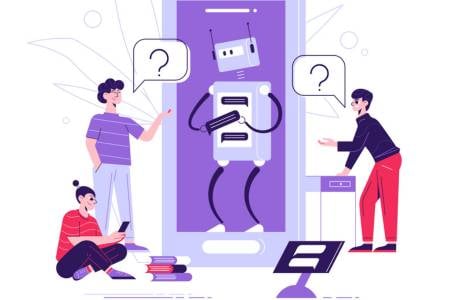
Fashion
Fashion designers are using the power of generative AI to transform and elevate the design process. AI-driven tools can assist in generating fashion designs, and patterns, and even predicting future fashion trends. This technology enables designers to experiment with unconventional designs and materials, pushing the boundaries of fashion innovation. Brands like IBM's Watson and Google's Project Muze have showcased how AI can be a source of inspiration in the world of fashion.
Content Creation
Generative AI has found a significant role in content creation, from generating text to images and even videos. AI-driven natural language generation models like GPT-3 can generate human-like text for a variety of applications. Moreover, AI-generated images and videos are being used in marketing, advertising, and entertainment to create captivating visuals and immersive experiences.
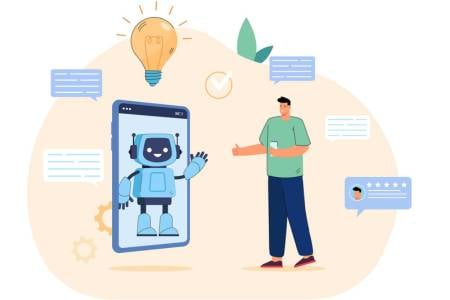
Predictive Modeling
Generative AI is playing a crucial role in predictive modelling. It is revolutionizing the way we make decisions and forecasts. AI models can analyze historical data and generate predictions for various scenarios. It is helping businesses make informed choices. For example, in healthcare, AI-driven predictive modelling can forecast disease outbreaks or patient outcomes, allowing for proactive interventions. In finance, generative AI can provide insights into market trends and investment strategies.
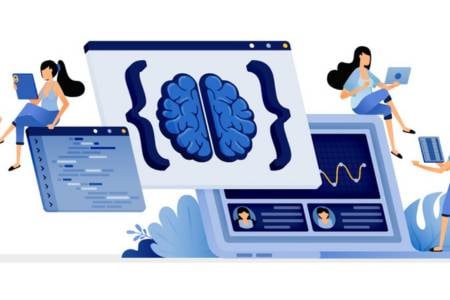
Future Outlook
The future possibilities of generative AI are limitless. It has the potential to enhance personalization in various industries, creating customized experiences for users.
Trends in Generative AI
Improved Natural Language Processing (NLP)
Generative AI has made significant strides in the field of natural language processing. We can expect even more advanced AI models that can generate human-like text and facilitate seamless communication between humans and machines. This trend will continue to enhance chatbots, language translation services, and content creation tools.
Personalization in Marketing and Recommendations
Generative AI is revolutionizing the way businesses interact with their customers. Advanced recommendation systems are being customized for product suggestions. As these models become more popular, they will drive increased customer engagement and higher conversion rates.
Healthcare Advancements
Generative AI is poised to make significant contributions to healthcare. AI models can assist in drug discovery, medical image analysis, and even personalized treatment recommendations. As these models continue to improve, they will have a profound impact on patient care and the development of new medical therapies.
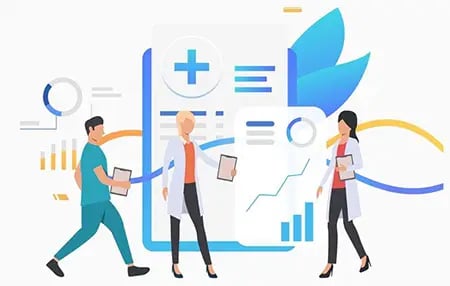
Predictions for Industry Transformation
Increased Efficiency
Generative AI will streamline many processes across industries, reducing human error and enhancing efficiency. In manufacturing, for instance, AI-driven automation will optimize production lines, resulting in higher productivity and lower costs.

Ethical Considerations
As AI systems become more advanced, ethical concerns will become more prominent. Issues related to bias and privacy will need to be addressed through regulations and industry standards.
New Job Roles
While AI will automate certain tasks, it will also create new job opportunities. AI trainers, ethicists, and AI system auditors will be in demand. Their prime task will be to ensure responsible AI use and to oversee AI systems' decision-making processes.

Conclusion:
The future of generative AI is full of promises. As AI continues to advance, it will bring about both opportunities and challenges. Industries that embrace and adapt to these changes will likely see significant benefits in terms of efficiency, customer engagement, and innovation, while also taking proactive steps to address ethical and security concerns. The transformation brought about by generative AI will require a collaborative effort from governments, businesses, and individuals to ensure that AI technologies are used for the betterment of society.
Looking to leverage GenAI to grow your business? Reach out to us now!


